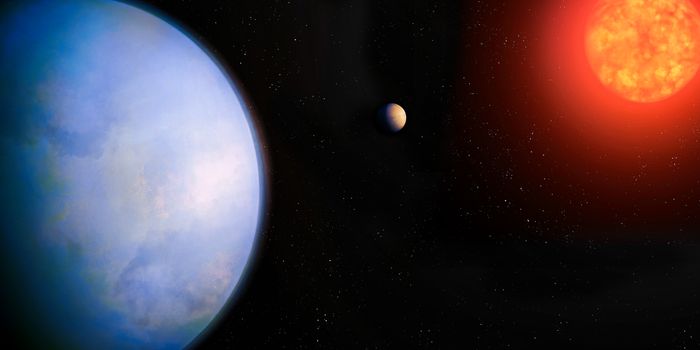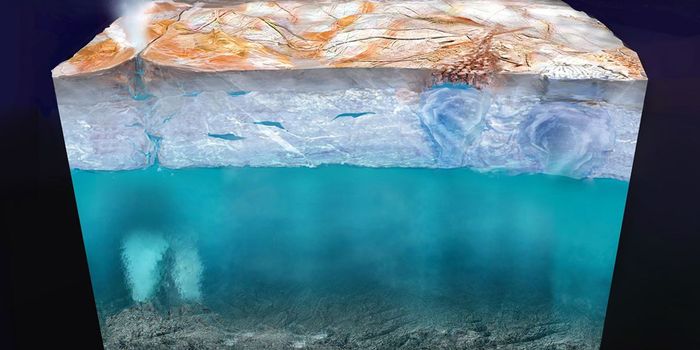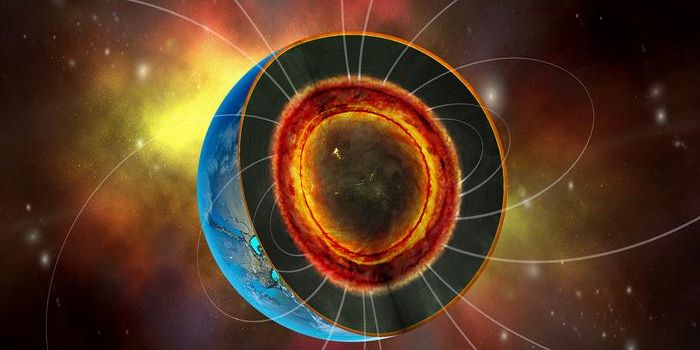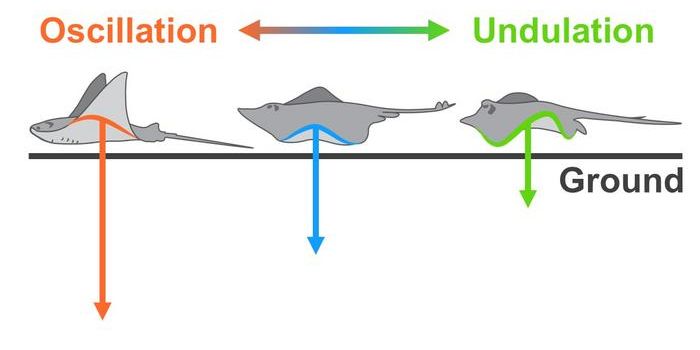Perhaps one of the best feelings in the world is slipping into the cool silky salt of the ocean. Whether a quiet evening solo swim, a rowdy cannonball contest among friends, or a simple family picnic with a sea view, the oceans are always there, surrounding our land and our homes. For me, growing up in a beach town made summers the best part of the year. I came to appreciate the sensation of sand between my toes and to long for that distinct seaweed smell whenever I was landlocked. It is comforting to imagine the vastness of the oceans - big enough to hold all of one’s doubts and securities, the constancy of its tide cycles reminding one that life continues.

Two days ago we celebrated World Oceans Day as a day to take an extra moment to appreciate all that our oceans do for us. Because indeed it is a lot. They provide us with countless tons of food from fisheries and crustaceans; they absorb incredible amounts of carbon dioxide from our atmosphere, helping to balance the greenhouse effect; they inspire beauty from their nature and innovation their curious mystery. But we in turn are not respecting our relationship with the oceans. For all that they give us, we dump millions of tons of trash and sewage and toxic chemicals into their waters. Perhaps because they cover 71% of the planet we think that they can take this sort of treatment. But in recent years it has become clear that we are putting too much pressure on our oceans and their habitats.
The rise in ocean temperatures, in sea levels and the increase of ocean acidification are the three biggest threats to our oceans today. It is well known that many marine habitats are sensitive to marine water temperature changes. Coral reefs in particular are an example of ecosystems that are being devastated from the climate-change driven rise in temperature. Coral reef systems around the world are experiencing particularly intense periods of bleaching due to the El Niño phenomenon that has swept through the oceans this year.

Ocean acidification, too, is an increasingly worrisome threat to the oceans. As we continue to burn fossil fuels and emit more and more carbon dioxide into the atmosphere, the oceans absorb this CO2 and the waters acidify. This, combined with an excess of agro-fertilizers that sink into the oceans from crop fields, can cause the growth of huge algal blooms, which absorb the oxygen in oceans and create dead zones where other animals perish for the lack of oxygen. Huge ecosystems are being wiped out from these dead zones.
And on top of all this, we all know that the oceans are rising. Because of melting glaciers, coastal communities - both human and non-human - risk the threat of inundation from rising sea levels. Some of the most fragile ecosystems are these coastal habitats which act as nurseries for fish, turtles, birds, and other marine animals.
So, what can YOU do in the midst of all this? Other than make environmentally friendly choices, you can educate yourself and others (especially those who don’t necessarily agree with you on these topics) with the facts and with techniques of how to convey those facts. You can also write to your local state representative, governor, or town representative to remind them to vote in favor of environmental legislature. Remember, every extra voice added to the fight counts!










